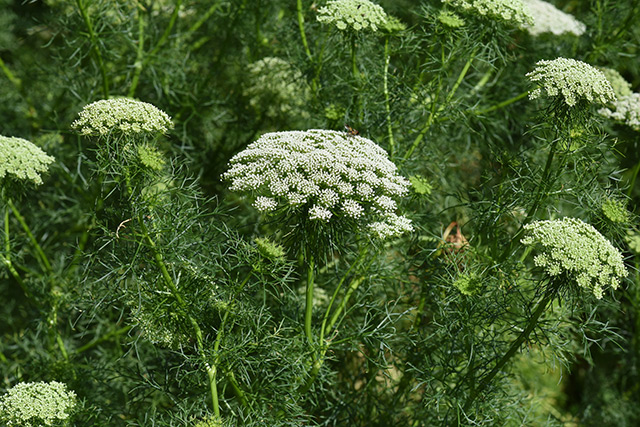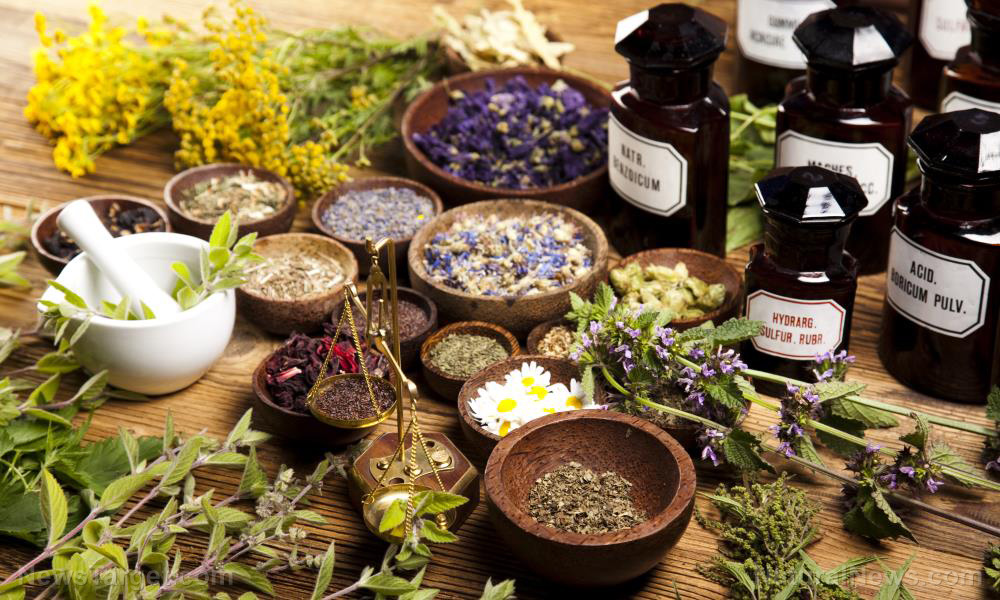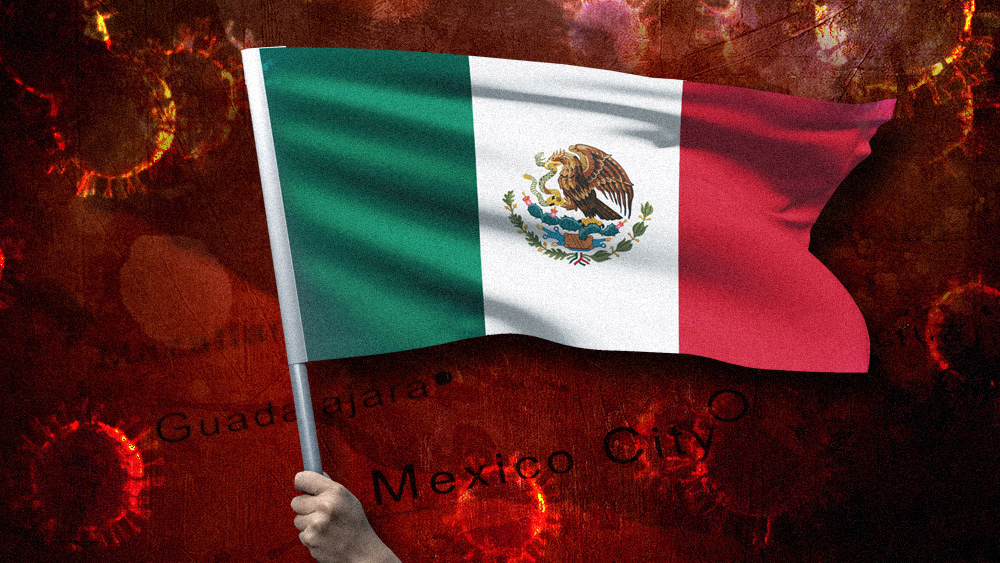Which plants are effective at treating kidney diseases?
06/19/2020 / By Evangelyn Rodriguez

Plant-based foods are much better at promoting health than animal-based foods for a variety of reasons. Besides their abundance in essential nutrients, edible plants also contain a variety of phytonutrients that help combat or treat disease. The ability of these plants to produce antioxidant, anti-inflammatory and other therapeutic compounds serves as their main advantage over conventional medicines, which are chemically synthesized and cause more adverse effects.
Several edible medicinal plants are historically known to treat problems related to the kidneys. According to studies, ancient civilizations used various herbs and functional foods to address kidney stones and kidney disease. To examine their efficacy, Egyptian researchers selected four age-old remedies for kidney-related problems and tested their extracts against chemical-induced kidney toxicity (nephrotoxicity).
Ammi visnaga (khella), Petroselinum crispum (garden parsley), Hordeum vulgare (barley) and Cymbopogon schoenanthus (camel grass) are all medicinal plants commonly used today as food. The researchers found that these traditional remedies for kidney stones are rich in antioxidant compounds that make them effective treatments for nephrotoxicity and chronic kidney disease (CKD). The details of these findings were published in the journal BMC Complementary and Alternative Medicine.
These medicinal foods can protect against inflammatory diseases like CKD
The kidneys are part of the renal system and are responsible for many crucial functions, such as maintaining overall fluid balance, filtering the blood, getting rid of toxins and waste from food or medications and creating hormones that help produce red blood cells.
But because of their constant exposure to toxic substances, the kidneys are always at risk of getting damaged due to nephrotoxicity. Nephrotoxicity, if not addressed properly, can lead to impaired kidney function or even kidney failure.
Khella is a flowering plant from the carrot family and is sometimes called bishop’s weed. As an herbal medicine, khella is often used to treat renal colic. Its main active compound, khellin, is a known smooth muscle relaxant and is effective against urolithiasis.
Parsley is another flowering plant with plenty of medicinal properties. Besides nephroprotective activities, parsley also has antioxidant, anti-inflammatory, diuretic, anti-urolithiasis, anti-cancer and anti-hypertensive activities, according to studies.
Barley is a nutritious cereal grain that offers a lot of impressive benefits. Due to its abundance in dietary fiber, it is often used to help with weight loss. Barley is considered a traditional remedy for urinary stones, diabetes and high blood cholesterol.
Camel grass is a desert plant that was used by the Ancient Egyptians to treat various ailments. Some of its most notable properties include antioxidant, anti-inflammatory, detoxifying, antispasmodic, anti-rheumatic and chemoprotective activities.
To evaluate the ability of these plants to improve kidney health, the researchers first obtained aqueous extracts from each and analyzed their phytochemical content. They then used the extracts to treat mammalian kidney (Vero) cells that had been exposed to carbon tetrachloride (CCl4) to induce renal toxicity.
The researchers reported that the extracts contained varying amounts of phenolic compounds and triterpenoids, as well as vitamin C. These antioxidants allowed the extracts to suppress CCl4-induced oxidative stress significantly by scavenging free radicals and increasing cell antioxidant levels.
All four extracts also significantly reduced CCl4-induced inflammation by inhibiting the expression of associated molecules, such as NF-kB, iNOS and nitric oxide. Additionally, the extracts improved the morphological appearance of Vero cells, cellular necrosis and the expression of kidney injury molecule-1, a marker of renal damage.
The extract from khella reduced CCl4-induced oxidative and inflammatory stress in Vero cells and proved to be more potent than Ketosteril, a synthetic drug used to treat CKD. (Related: Invasive weed from Africa found to be an excellent protective agent for the kidneys, according to new study.)
Based on these findings, the researchers concluded that the edible medicinal plants they studied, especially khella, are promising treatments for nephrotoxicity and other chronic diseases associated with oxidative stress and inflammation.
Sources include:
Tagged Under: alternative medicine, antioxidants, barley, camel grass, food cures, food is medicine, functional food, herbal medicine, Herbs, inflammation, khella, kidney disease, kidney health, kidney toxicity, natural cures, natural medicine, Parsley, phytonutrients, plant medicine, remedies, research



















